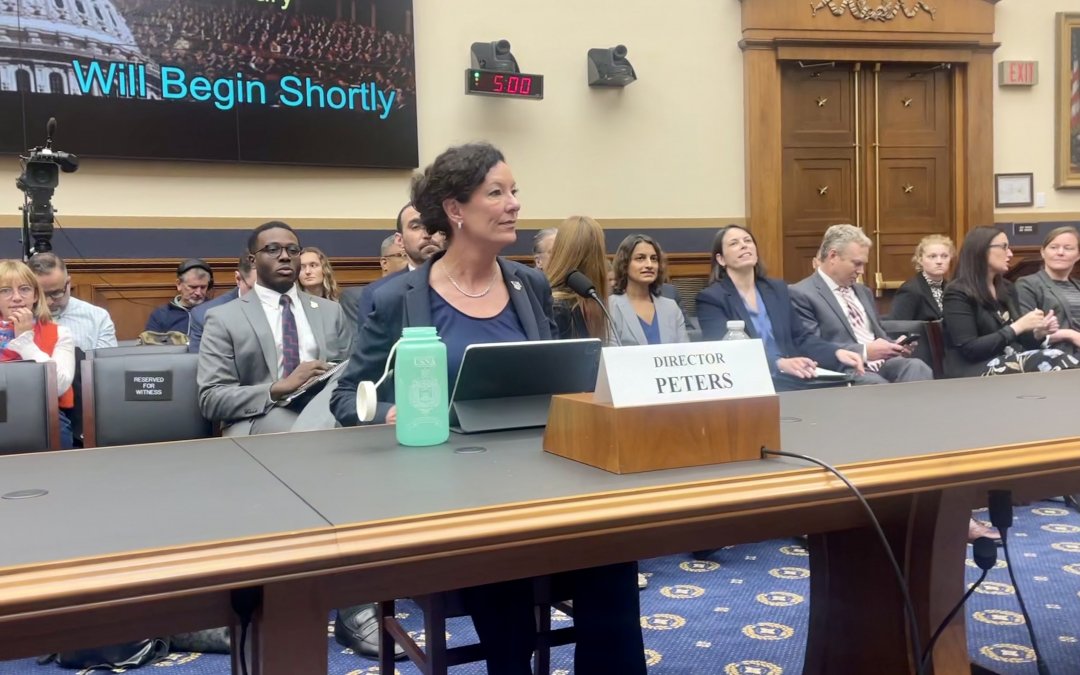WASHINGTON – Bureau of Prisons Director Colette Peters was called before Congress on Tuesday to explain what the agency is doing to address staffing shortages and crumbling infrastructure in federal prisons.
The bureau has been under fire since the Associated Press published an investigation in 2021 exposing the bureau’s practices. The news outlet found major vacancies in the staffing of .correctional officers. Instead of hiring new guards, the bureau forced untrained staff – such as teachers, plumbers and case managers – to fill the empty shifts. This was cited as a major threat to prison safety and, in part, responsible for an increased number of escaped prisoners.
Peters, who oversees 122 federal prisons and their 160,000 inmates, was the sole witness at an oversight hearing by a House Judiciary subcommittee to account for what the agency has been doing to address problems.
“I believe in accountability, oversight and transparency,” she said in her opening remarks. Peters has been in the position for about a little over a year.
According to Peters, new hires increased by 60% this year. Additionally, 90% of staffing positions are now filled, compared with 79% in March.
Despite staffing gaps narrowing, there is bipartisan concern over workers’ wages.
According to The New York Times, BOP starting salaries are under $40,000. It’s one of the lowest base pays among various federal agencies, and throughout the country.
“Our officers do not get paid enough, so we have a hard time keeping them,” said Peters. “Even local sheriffs pay more than what we’re able to pay in certain regions.”
The undesirable salary is a large obstacle in the bureau’s recruitment process, especially in context of the working hours. According to Rep. Russell Fry (R-S.C.), overtime hours surged by 102% in four years.
“We would welcome any support [Congress] could give in the pay structure and in the funding,” said Peters.
As of September, employees in less than a dozen facilities received a 25% one-time bonus. Earlier this week, Sen. Joe Manchin (D-W.Va.) and the West Virginia union for bureau’s prison workers pressed Peters to approve the bonus for every employee.
Peters’s long term goal is a training academy for correctional officers, similar to the process of becoming of a police officer or federal agent. But without funding to even pay workers a livable wage, that goal is out seemingly out of reach.
While it is unknown as of yet if the 2024 congressional budget will provide additional moneyto the bureau, the Judiciary Committee is conducting an investigation into the agency’s functions. Representatives, including subcommittee Chair Andy Biggs (R-Ariz.) and Rep. Matt Gaetz (R-Fla.), will visit federal prisons and interview inmates and workers on their experiences, though the timing has not been set.
In the meantime, Peters will work with the bureau’s executive board on improving recruitment and prison conditions.
“[The bureau] must set an example for local carceral facilities,” said Rep. Cori Bush (D-Mo.). “We look to that to go into our local jails and to be able to say: ‘This is what should be done. This is the example.’”

